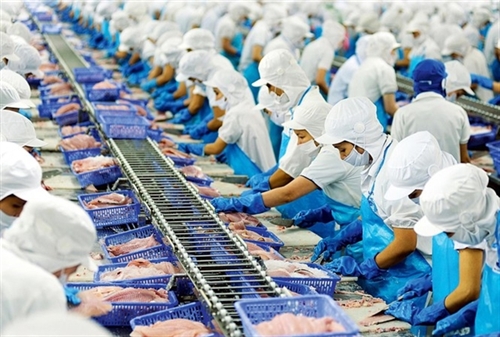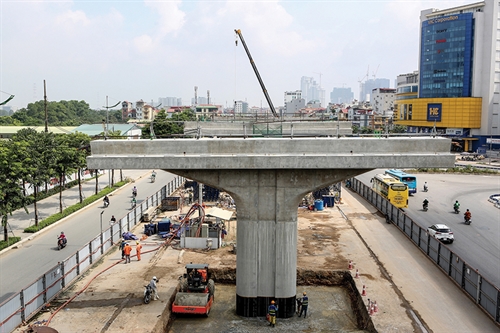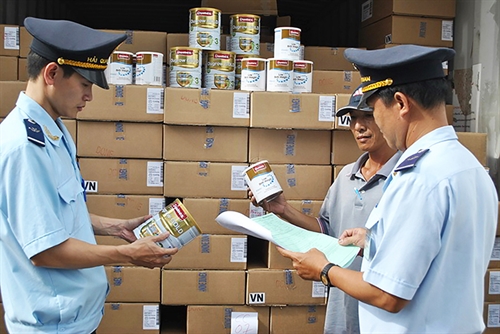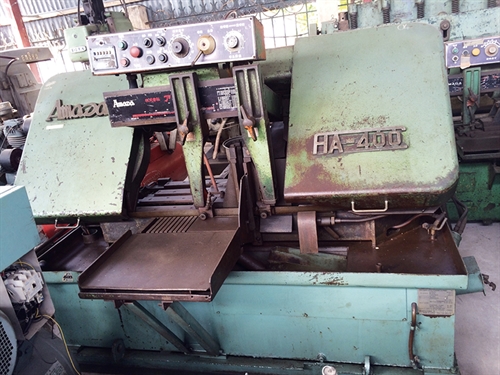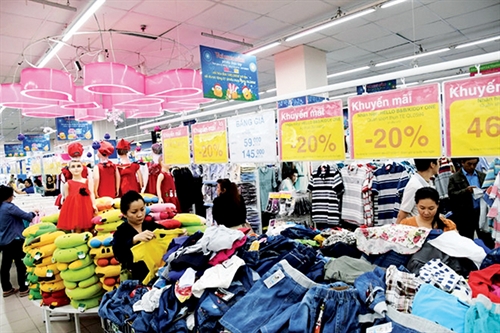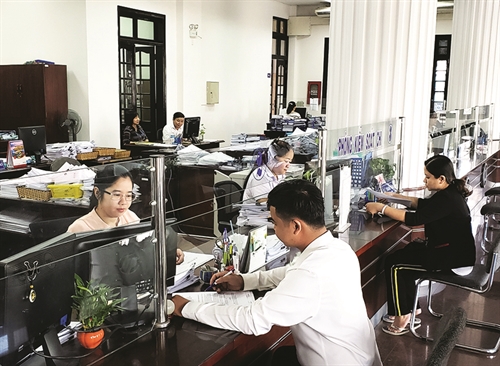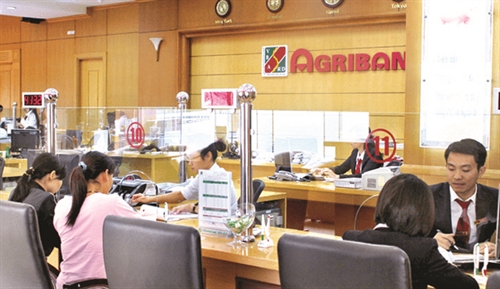The Government has recently issued Decree 75 in an attempt to strictly and resolutely handle violations of the competition law and adapt to the new market reality.
The Decree, which replaces Decree 71 of 2014, on administrative penalties for acts in violation of the competition law, contains notable changes in light of the 2018 Competition Law.
As defined in the new regulation, which is set to take effect from the beginning of December, acts of violation of the competition law mean acts of violating the regulations on cartels, abuse of the dominant market position or monopoly position, economic concentration, and unfair competition. Others include violations related to provision of information and materials, process of investigation and handling of competition cases, cartels made before issuance of exemption decisions, and attempts to mobilize or force enterprises to conduct practices in restraint of competition or unfair competitive practices.
Compared to Decree 71, the new Decree extends its scope of regulation to foreign entities, making it compliant with the 2018 Competition Law. The move is expected to help competent agencies deal with all practices in restraint of competition which have or are likely to exert impacts on the business environment in Vietnam. This is also hoped to enable the Vietnamese competition authority to collaborate with foreign partners in investigating and handling unfair competition cases to facilitate the fulfillment of competition-related commitments which Vietnam has made in its trade agreements.
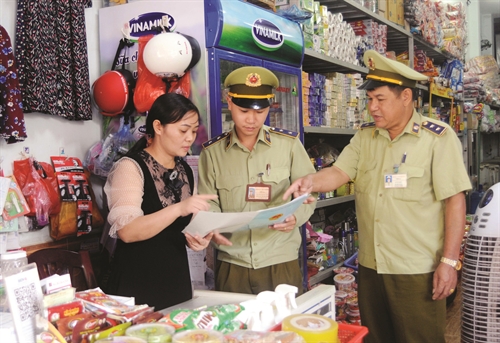 |
| Market control force of Muong La district, Son La province, conducts inspection at a household business in It Ong township__Photo: Quang Quyet/VNA |
Stronger measures to handle violations
Besides the principal penalties including warning and fine, violators will be subject to additional penalties.
Decree 75 imposes stricter additional penalties to violators depending on the nature and severity of their violations. These include deprivation of the right to use licenses or practice certificates or suspension of operation for six months to 12 months; confiscation of material exhibits or means used to commit violations; confiscation of profits earned from the commission of violations; and revocation of enterprise registration certificates or equivalent papers.
In addition to the above penalties, violators must take certain remedial measures.
The new decree keeps unchanged the previous remedies, forcing a violator to (i) make public corrections; (ii) restructure the enterprise that abuses its dominant market position or monopoly position; (iii) remove illegal clauses from an agreement or contract; (iv) divide, separate, or sell some or all of contributed capital amounts or assets of the enterprise formed after economic concentration; (v) restore the conditions for technical and technological development which the enterprise has hindered; (vi) remove disadvantageous conditions imposed on customers; and (vii) recover the contract clauses or contract which have or has been modified or cancelled without a plausible reason.
In order to make it suit the practical market conditions, the new decree adds four more remedial measures, compelling a breaker to (i) remove violation marks on goods, goods packages, means of business, or articles; (ii) subject to the control of competent state agencies in terms of purchase and sale prices of goods and services, or other contract clauses signed by the merging enterprise, acquiring enterprise, or enterprise formed after economic concentration; (iii) provide sufficient information and materials; and (iv) restore the initial state.
To better protect enterprises from unfair competition and create a safe and sound business environment, the new rule increases fines for several violations by 10 times.
For example, organizations that disclose or use confidential business information without permission of the owners of such information, or access the information of this kind in opposition to security measures will be subject to a fine of between VND 200 and 300 million, instead of the current VND 10-30 million. This fine will be halved for individual violators.
Those indirectly or directly providing untruthful information about other enterprises, thus adversely affecting their prestige, financial status or business activities, will be subject to a fine of between VND 100 and 200 million, or VND 200-300 million, respectively. The fine will be doubled if the violation is committed in two or more provinces and centrally run cities.
For this violation, the current maximum fine is only VND 50 million or VND 100 million, respectively.
Furthermore, enterprises will be fined VND 100-200 million if they entice customers through providing deceitful or confusing information about the enterprises or goods, services, sales promotion, or transaction conditions related to goods or services they provide in order to attract customers of other enterprises; or comparing goods and services of their own with similar ones of other enterprises without proofs.
Worthy of note, enterprises that sell goods or provide services at prices lower than total costs, which lead or are likely to lead to the elimination of their competitors will face a fine of between VND 800 million and 1 billion, or up to VND 2 billion if the violation is committed in more than one province or centrally run city.
Grounds for determination of fines
Under Decree 75, competent authorities will determines fines based on enterprises’ annual financial statements audited by independent auditing institutions or information provided by related agencies. In case enterprises refuse to provide their financial statements, or provide fake ones, the National Competition Committee may use information or data it has collected or available ones.
Competent agencies will determine a specific fine for each competition restraint or economic concentration case based on one of the factors below: severity of the violation; level or possibility of damage caused by the violation to competitors and consumers; duration of the violation; scope of the violation; and profit earned from the violation.
After determining the fine, the National Competition Committee may decide to reduce or increase it by 15 percent based on the violation’s extenuating or aggravating circumstance, respectively. When detecting a sign of the crime of violating the competition law, the chairperson of this Committee must transfer part or the whole of the case file to a competent state agency for settlement under law.- (VLLF)

